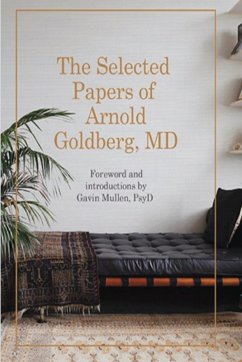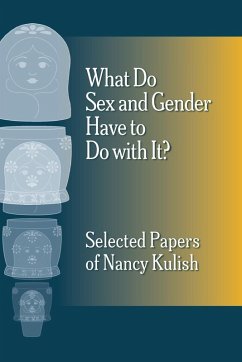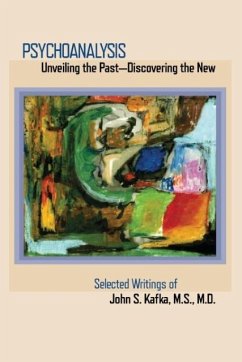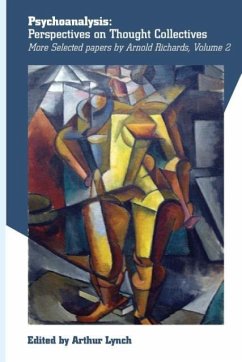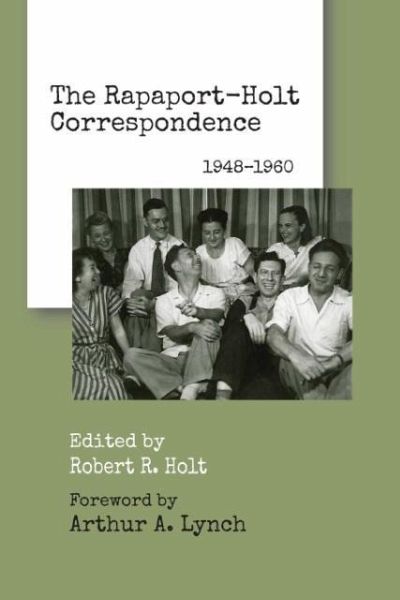
The Rapaport-Holt Correspondence
1948-1960
Versandkostenfrei!
Versandfertig in 1-2 Wochen
28,99 €
inkl. MwSt.

PAYBACK Punkte
14 °P sammeln!
For the Introductin by Robert Holt: Late in July 2011, I had an unexpected call from Arnold D. Richards, an old acquaintance. He asked if I happened to have any unpublished papers on psychoanalysis; if so, he offered to make them available to their most likely audience through International Psychoanalysis. It happened that, for about a year, I had been trying to find a publisher for a collection of letters between David Rapaport and me during his final 12 years (1948–1960). When I mentioned that to Dr. Richards, he at once expressed interest, and at last here we are. How vividly these letter...
For the Introductin by Robert Holt: Late in July 2011, I had an unexpected call from Arnold D. Richards, an old acquaintance. He asked if I happened to have any unpublished papers on psychoanalysis; if so, he offered to make them available to their most likely audience through International Psychoanalysis. It happened that, for about a year, I had been trying to find a publisher for a collection of letters between David Rapaport and me during his final 12 years (1948–1960). When I mentioned that to Dr. Richards, he at once expressed interest, and at last here we are. How vividly these letters helped me relive twelve years of some of the most intellectually stimulating experiences of my life! I felt the obligation to share them with any interested colleagues, especially because Rapaport had been in the most productive years of his psychoanalytic scholarship. Many of our exchanges give an insight into his way of working, of thinking through difficult issues by discussion. Those who knew him well were aware of the many drafts his papers would go through, but few of us were privy to his ways of working ideas out, making them at once more subtle and clearer. The letters also display Rapaport as a critic, a mentor and teacher, as he sent me his critiques of my various attempts, often to follow in his footsteps and at times to branch out on my own. He set the example of close reading, responding empathically as well as unsparingly in pointing out difficulties, lapses in reasoning, omissions of relevant data or of treatments of apposite points in the literature. Though he never succeeded in writing English like one born to it, he was a fine critic of grammatical and rhetorical lapses—as the reader will soon see. I did my best not only to meet his criticism but to learn from it his style and technique of editing and advising, and to apply that learning to the drafts that he sent me.





